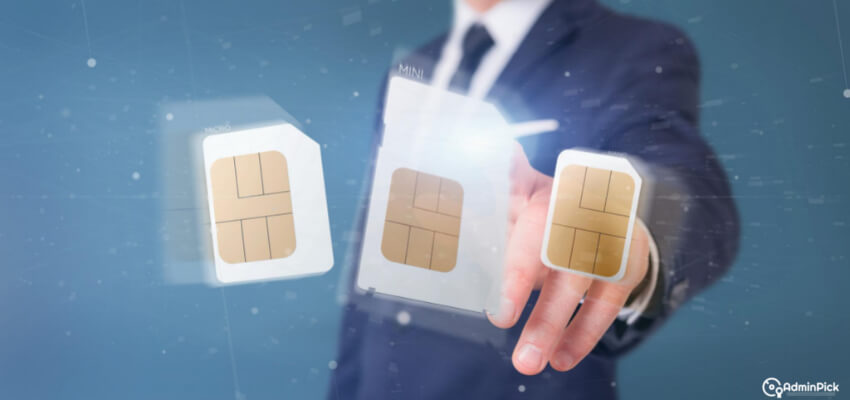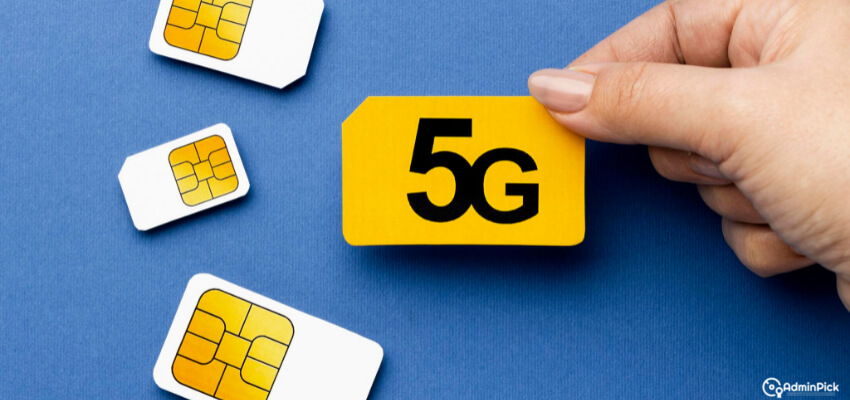Micro Sim Card VS Nano Sim Card: What’s The Difference?
Micro SIM cards measure 15 x 12 mm, while Nano SIM cards, introduced in 2012, are smaller at 12.3 x 8.8 mm. Both serve the same purpose but vary in size. Micro Sim Card VS Nano Sim Card Feature Micro SIM Card Nano SIM Card Size 15 x 12 mm 12.3 x 8.8 mm Introduction …









